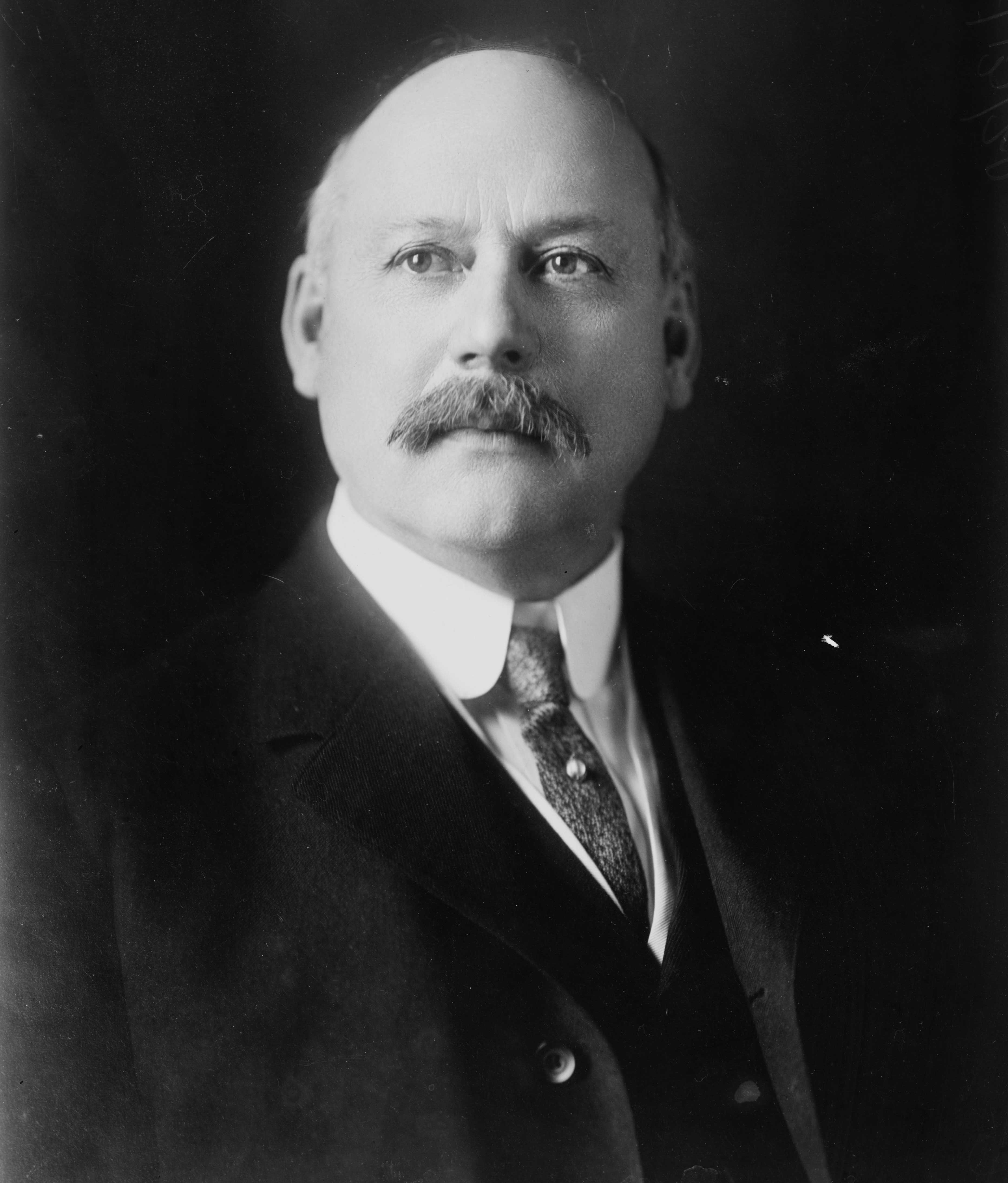- John W. Weeks
Infobox Congressman
name =John Wingate Weeks

imagesize =200px
state =Massachusetts
district =12th
term_start =March 4 ,1905
term_end =March 3 ,1913 (12th)March 3 ,1913 –March 4 ,1913 (13th)
preceded =Samuel L. Powers (12th)William S. Greene (13th)
succeeded =James M. Curley (12th) John J. Mitchell (13th)
order2 =United States Senator fromMassachusetts
term_start2 =March 4 ,1913
term_end2 =March 3 ,1919
predecessor2 =Winthrop M. Crane
successor2 =David I. Walsh
order3 =48thUnited States Secretary of War
term_start3 =March 5 ,1921
term_end3 =October 13 ,1925
predecessor3 =Newton D. Baker
successor3 =Dwight F. Davis
birth_date =April 11 ,1860
birth_place =Lancaster, New Hampshire
death_date =July 12 ,1926
death_place =Lancaster, New Hampshire
nationality =
party =Republican
spouse =
relations =
children =
residence =
alma_mater =United States Naval Academy
occupation =
profession =
net worth =
religion =
website =
footnotes =John Wingate Weeks (
April 11 ,1860 –July 12 ,1926 ) was an Americanpolitician in the Republican Party. He served as aUnited States Representative for Massachusetts from 1905 to 1913, as a United States Senator from 1913 to 1919, and as Secretary of War from 1921 to 1925.Weeks was born and raised in
Lancaster, New Hampshire . He received an appointment to theUnited States Naval Academy , graduating in 1881, and served two years in theUnited States Navy .Weeks made a fortune in banking during the 1890s, after co-founding the Boston financial firm Hornblower and Weeks in 1888. With his financial well-being assured, Weeks became active in politics, first at a local level in his then-home of
Newton, Massachusetts (he served as alderman in 1899–1902 and as mayor in 1903–04), then on the national scene.As a member of the
United States House of Representatives andUnited States Senate , Weeks was notable mostly for his contributions to banking and conservation legislation, including the Weeks Act in 1911 that created the foundation for theUnited States National Forest system.Despite his defeat for re-election to the Senate in 1918, Weeks remained an active and influential participant in the national Republican Party. He was an early supporter of the nomination of
Warren G. Harding for President in 1920, and when Harding became President, he named Weeks to his cabinet.As Secretary of War, Weeks was a competent, honest, and respected administrator and adviser, who guided the Department of War through its post-
World War I downsizing. Weeks' hard work and long hours led to a stroke in April 1925, which led in turn to his resignation as Secretary in October of that year.Weeks died several months later, at his summer home on Mount Prospect in Lancaster, New Hampshire. That building is now open for tours as part of the
Weeks State Park . A nearby mountain was namedMount Weeks in his honor.Weeks' son, Charles Sinclair Weeks, was Secretary of Commerce during the Eisenhower administration.
Weeks' cousin,
Edgar Weeks , was a U.S. Representative fromMichigan . His grand-uncle, also named John Wingate Weeks (1781–1853), was a Major in the U.S. Army during the War of 1812 and a U.S. Representative fromNew Hampshire .ee also
References
* Garraty, John A. and Mark C. Carnes. "American National Biography", vol. 22, "Weeks, John Wingate". New York : Oxford University Press, 1999.
External links
*CongBio|W000246
Wikimedia Foundation. 2010.
